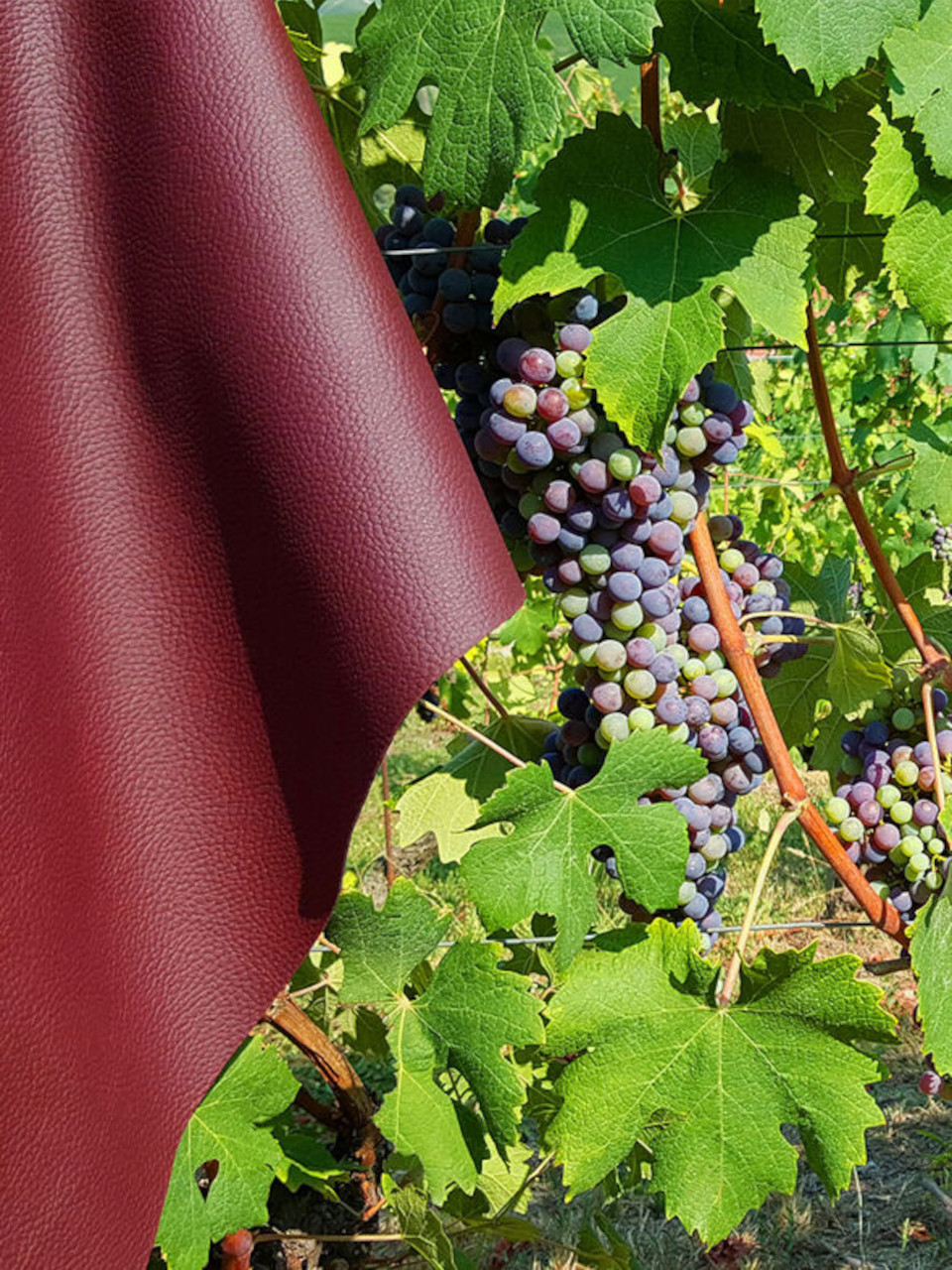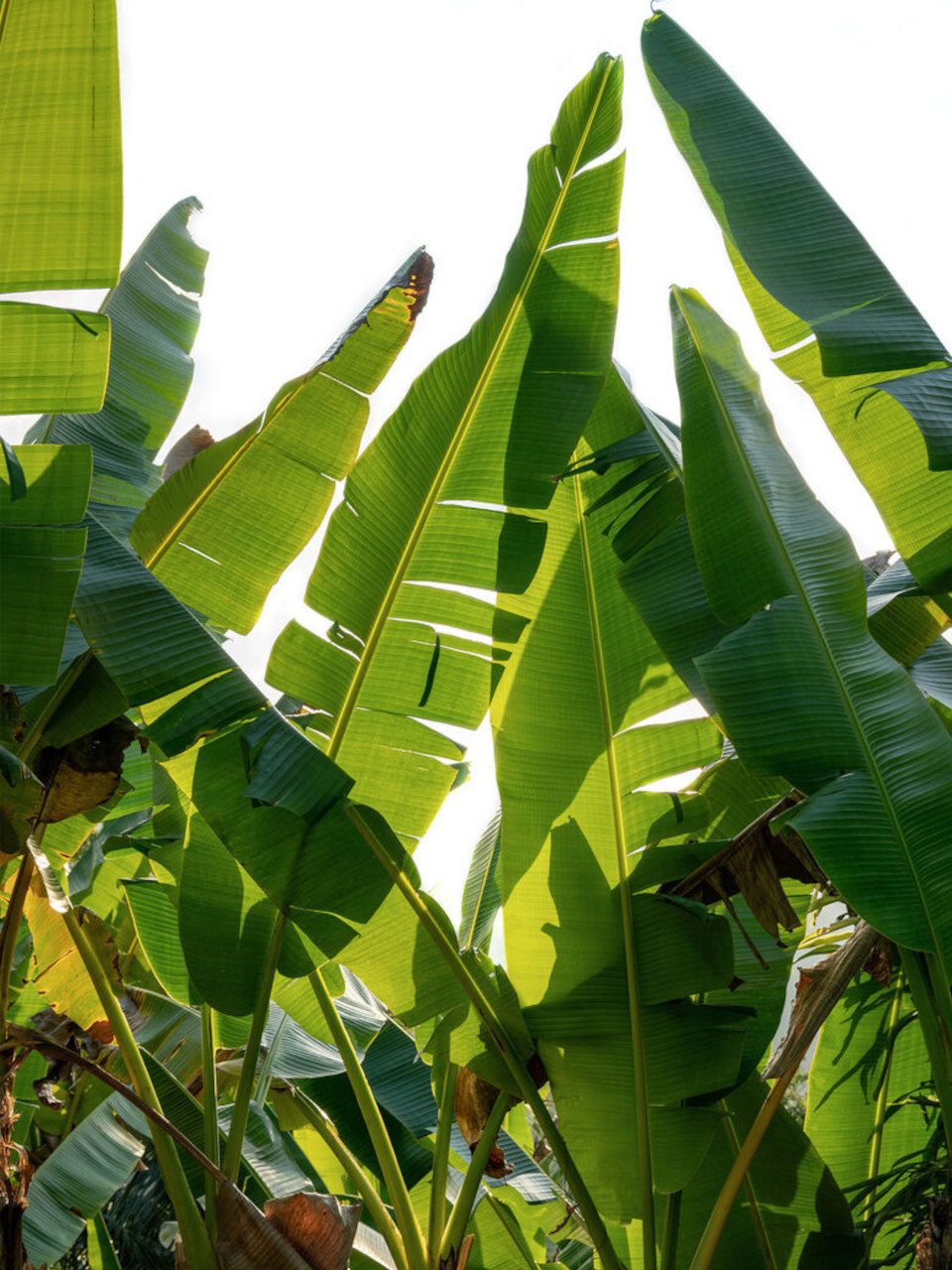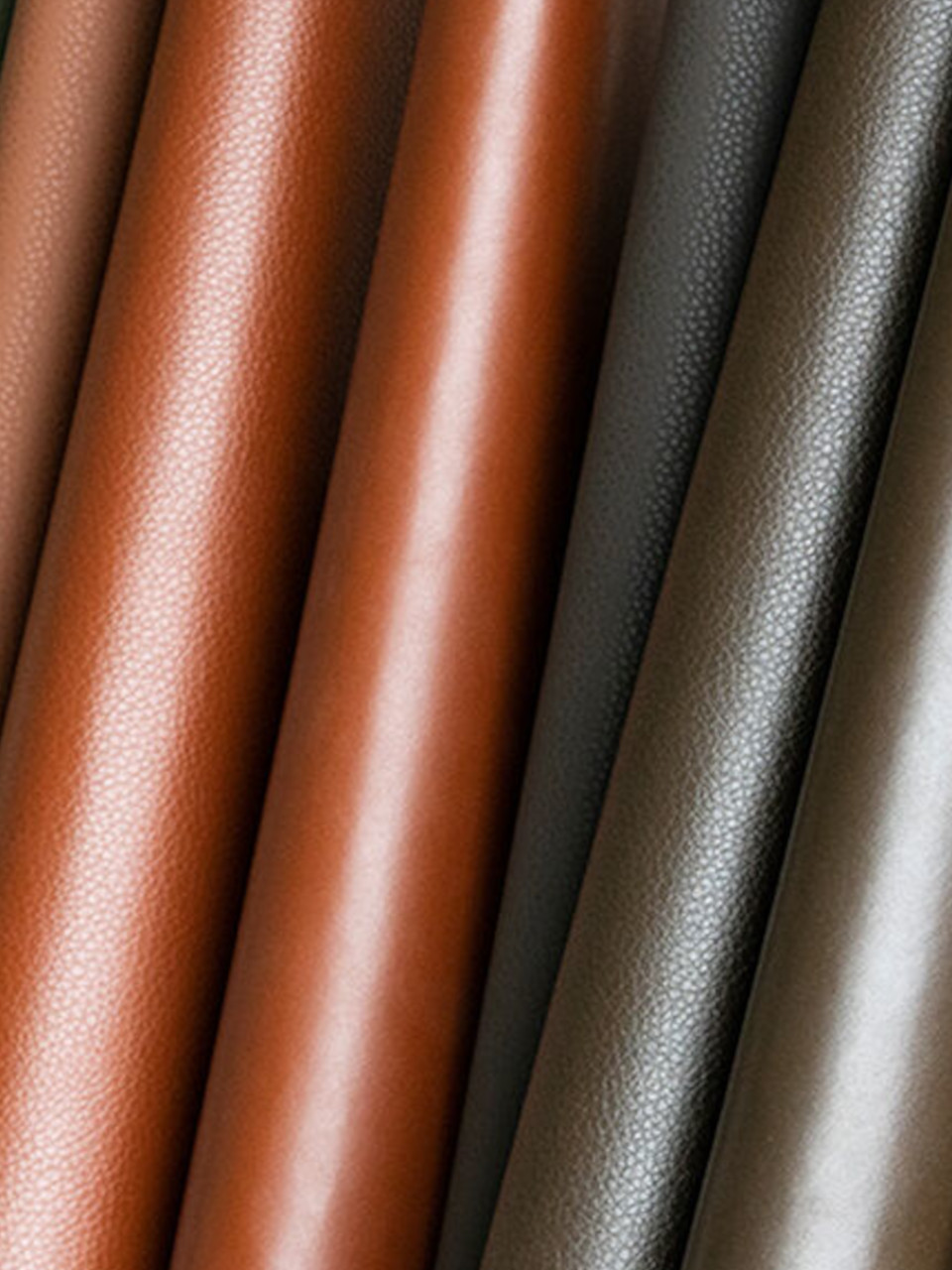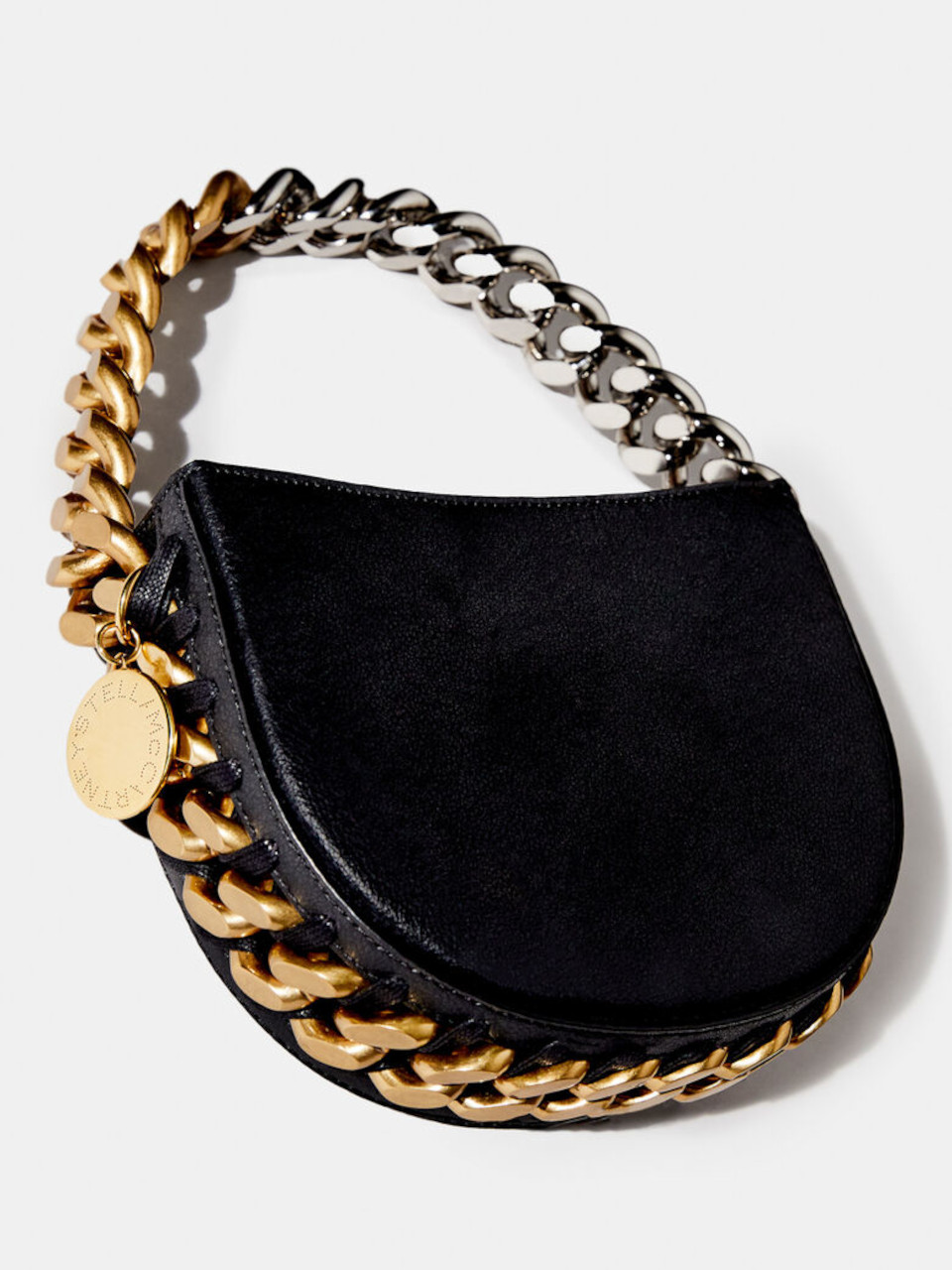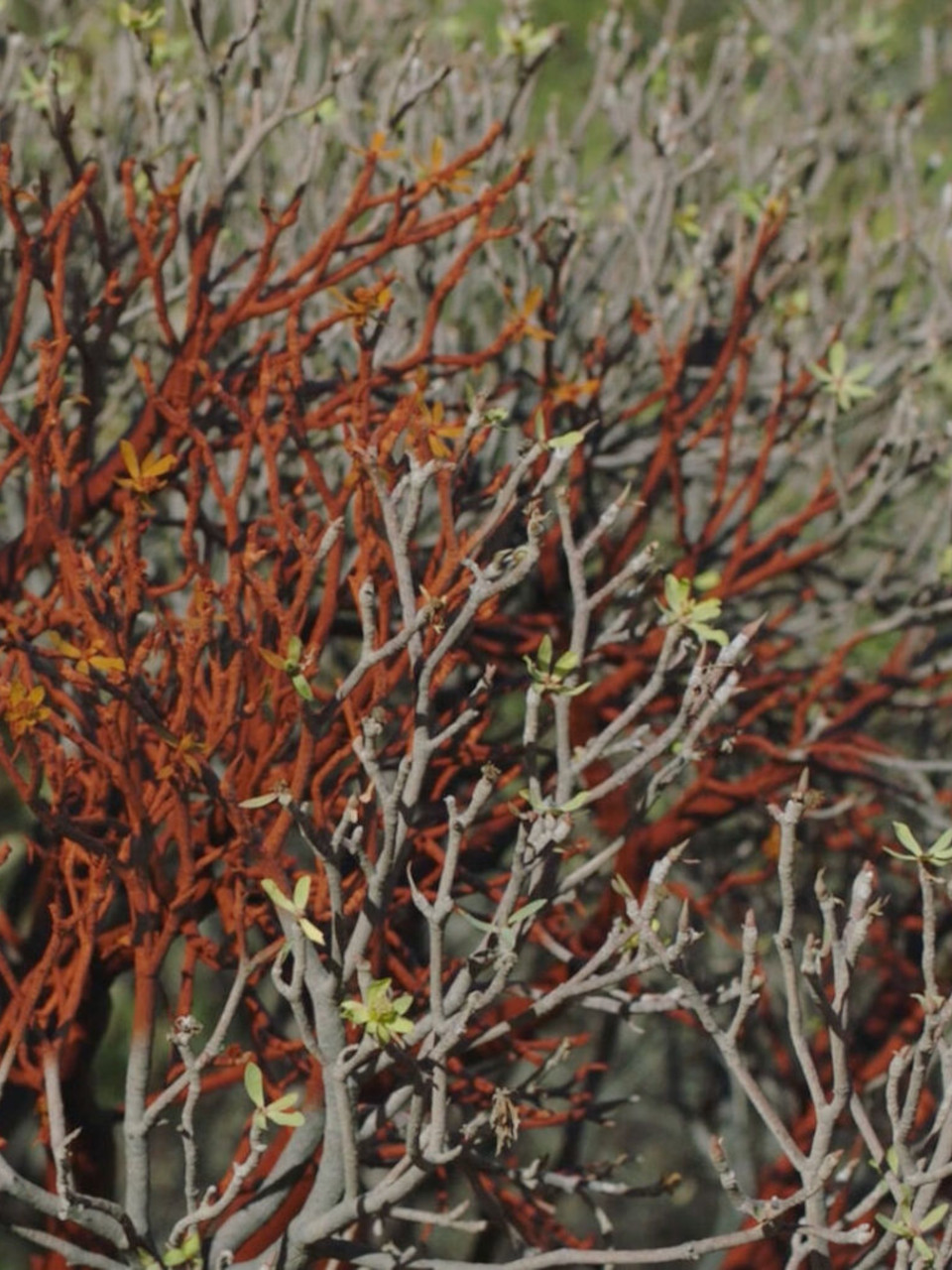
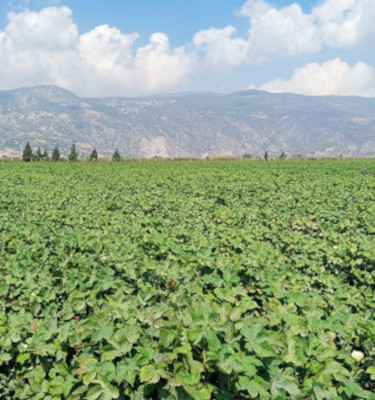
ABOUT SUSTAINABILITY
Guided by the goal of making every action count, inspiring trust, and celebrating life, we are the catalyst for Mother Earth, our fellow creatures, and humanity to protect our better tomorrow.
WHAT WE USE FOR OUR MATERIALS
ABOUT SUSTAINABILITY
Guided by the goal of making every action count, inspiring trust, and celebrating life, we are the catalyst for Mother Earth, our fellow creatures, and humanity to protect our better tomorrow.
WHAT WE USE FOR OUR MATERIALS
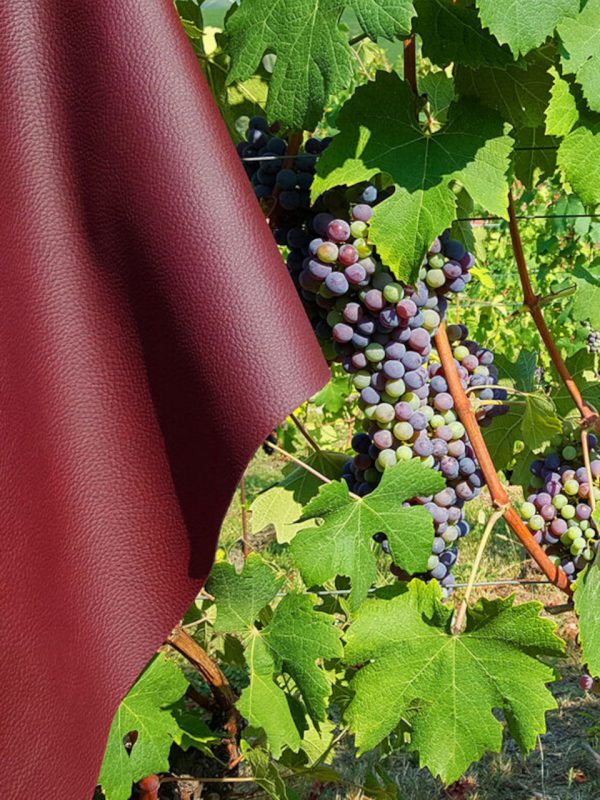
VEGEA
A grape-based alternative to animal leather, sourced from the agricultural waste of wineries in Northern Italy.
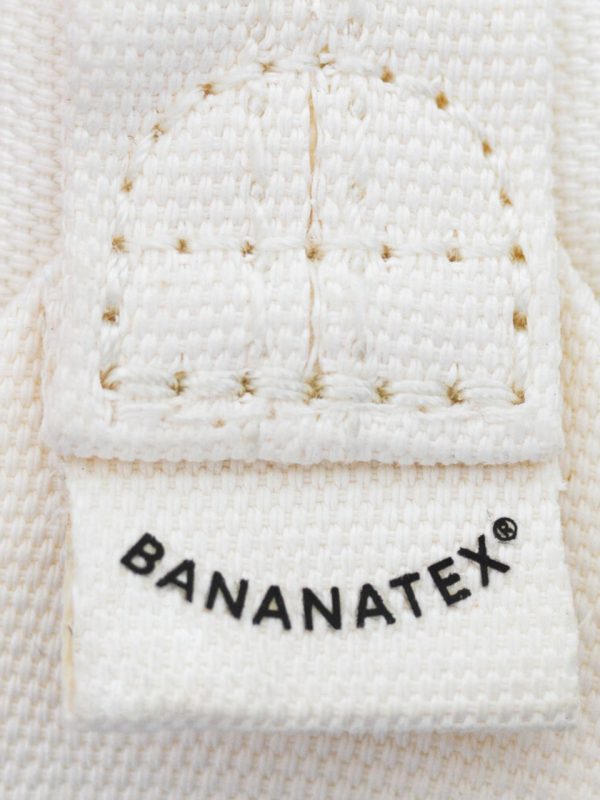
Bananatex®
World’s new biodegradable innovation 100% made from banana plants. Durable and waterproof.
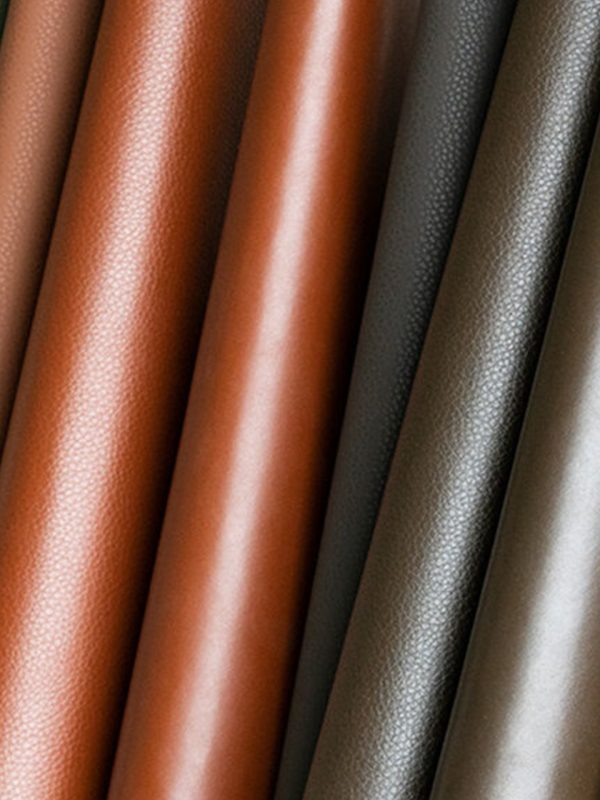
MIRUM®
An animal leather alternative that is entirely plastic-, fossil fuel- and water-free.
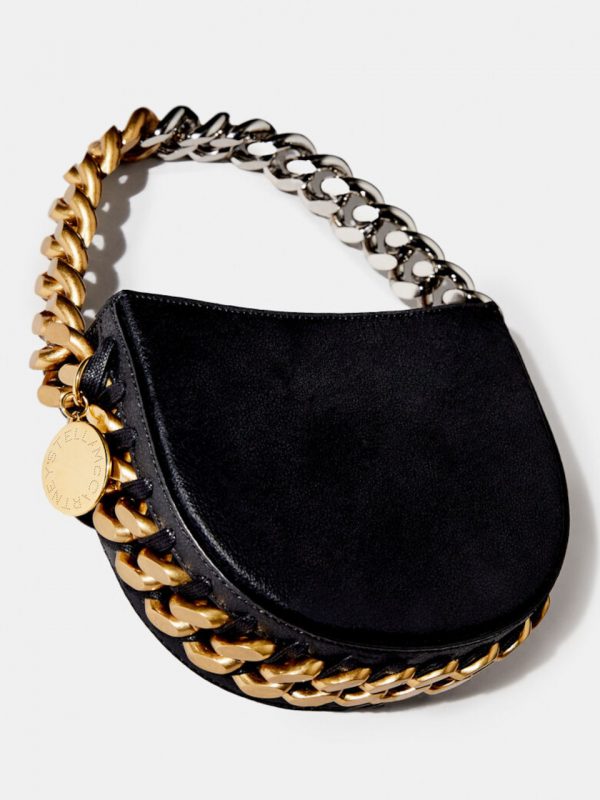
Mylo™
A verified 100% vegan substitute to animal leather made from renewable mycelium, the root-like structures of fungi.
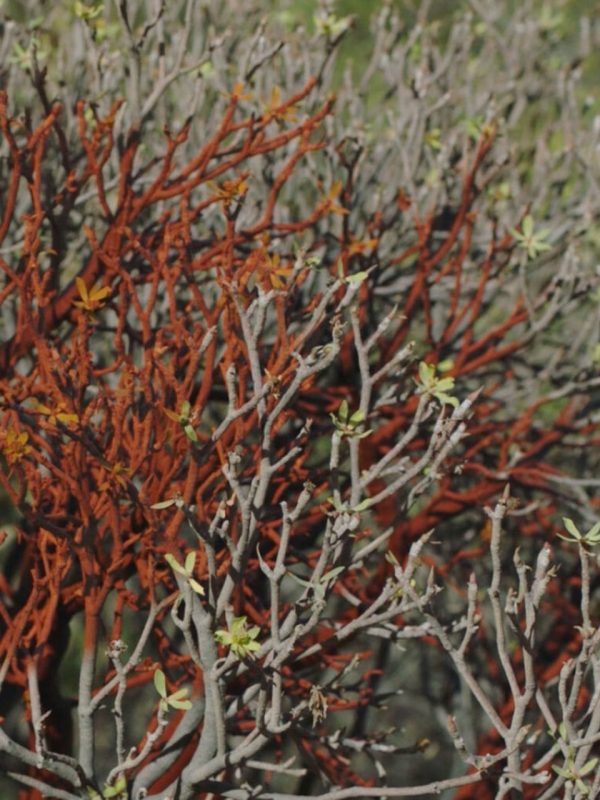
Vegetarian Leather
Since day one, we have never used leather, feathers, fur or skins.

Recycled Nylon And Polyester
Synthetic materials can –and should– be recycled and come from recycled sources.

Organic Cotton
Using organic cotton as a means to reduce water usage and toxic chemicals, and to further improve conditions for farmers.

Metals
Investing in low-impact, recycled, or recyclable metals to reduce the environmental impacts.

